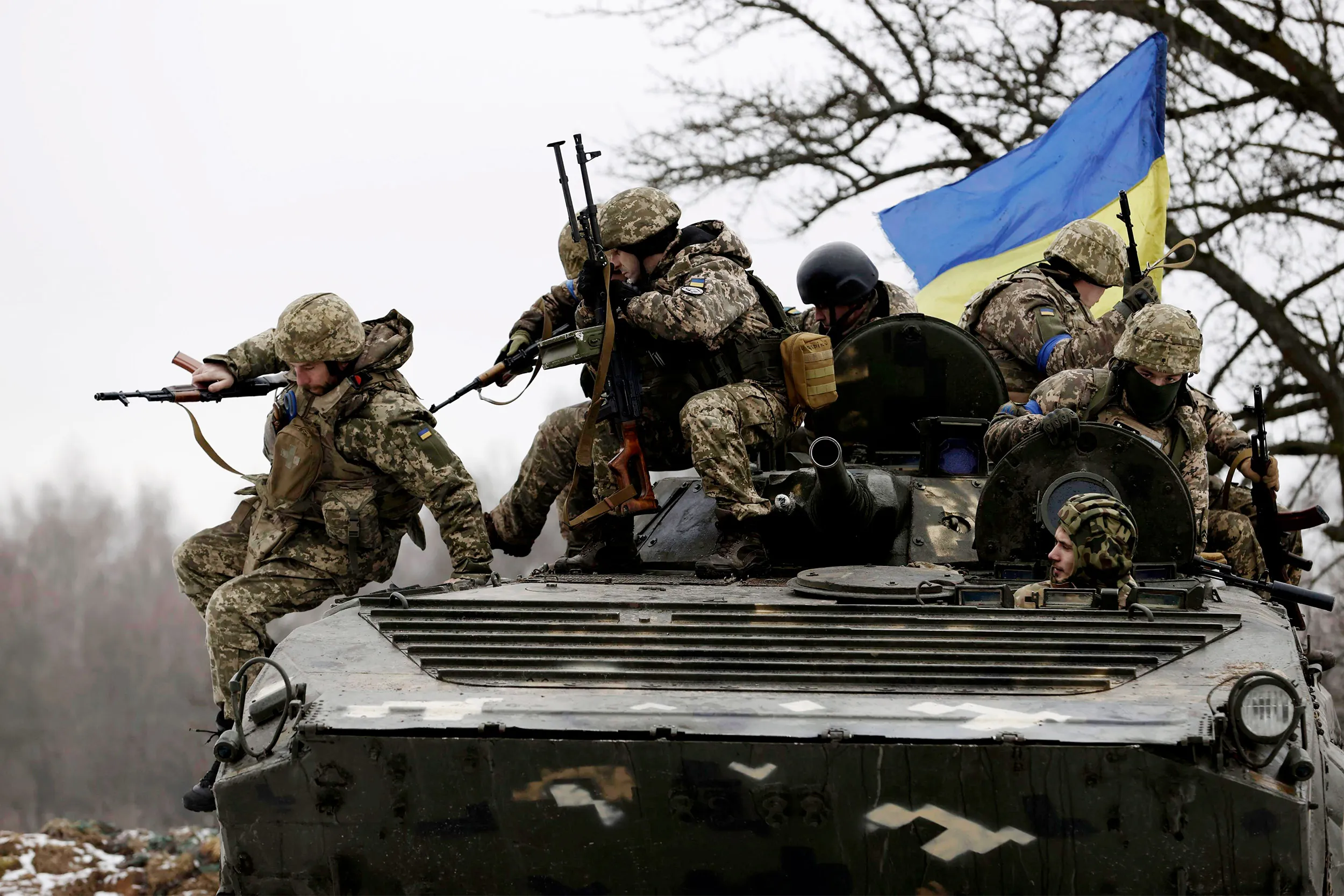In the summer of 2025, a striking shift in Ukraine’s war strategy has sent shockwaves through Russia’s heartland. No longer confined to defensive operations or counteroffensives near the front lines, Ukraine has taken the war deep into Russian territory, unleashing a wave of drone attacks that have upended daily life, paralyzed air traffic, and pierced the long-held illusion that ordinary Russians were safe from the war.
In just the past week, the scale and precision of Ukraine’s drone strikes have laid bare Russia’s vulnerabilities. Over 45,000 travelers were stranded at Moscow’s largest airport alone, while five other major airports across a territory larger than Germany were forced to shut down operations. These disruptions weren’t caused by weather or mechanical failures—but by swarms of Ukrainian drones flying unimpeded across Russian airspace.
For the first time since World War II, Russians in cities far removed from the front lines—places that had long viewed the war as a distant news item—are hearing air raid sirens. For them, the war is no longer abstract. It is overhead, inescapable, and increasingly frequent.
But the deeper impact lies not just in flight delays or logistical chaos. The real tremor is political and economic. In a country where only about 29% of people hold foreign passports, disruptions to air travel primarily affect the wealthy elite—the people with the means to travel, to move capital, to influence decisions. In Moscow and St. Petersburg, where passport ownership rises above 50%, these are the decision-makers: business leaders, oligarchs, top officials. They are the ones who invest, who shape policy, who decide whether to hedge their money in rubles or send it fleeing to Dubai or Zurich. And suddenly, they’re grounded like everyone else. Not even private jets can take off when Ukrainian drones are circling.
This class, long insulated from the consequences of the war, is now confronted with its reality—and its costs. And historically, it’s precisely this kind of elite discontent that triggers the downfall of regimes.
What we’re seeing is more than tactical disruption. It’s strategic escalation. Ukrainian drones have struck military factories more than 700 kilometers from the front, disrupted operations at Engels Air Base—home to Russia’s nuclear-capable bombers—and caused repeated closures of dual-use airports like Belgorod and Kursk. The strikes are not one-offs. They’re systematic. They’re consistent. They’re designed to shake the foundation of Russian military and civilian infrastructure alike.
And the data speaks volumes. In 2023, Russia closed airspace 80 times due to internal threats. In 2024, it rose to 95. By July 2025? That number has surged past 217 closures. Ukraine is demonstrating an ability to paralyze Russian airspace across distances equivalent to multiple European countries combined—twice the size of the UK, larger than California and Oregon together.
Each day brings new closures. Each night, new drones. Each strike chips away at the myth that Russia’s homeland is invulnerable.
The strategic implications are enormous. Russia is the largest country on Earth, spanning 11 time zones. If its leaders, generals, or ministers can’t safely or reliably travel between cities, basic governance begins to unravel. Military command and control is compromised. Regional cohesion frays.
And perhaps most damaging for Vladimir Putin is the signal this sends to his inner circle: that the war he promised to control is now uncontrollable. The illusion of strength is shattered. His grip on the narrative—on power—is visibly slipping.
Jason Smart, a correspondent with two decades of experience studying Russia and authoritarian regimes, puts it bluntly: “The Putin regime has never been weaker.” Smart, who has been banned from entering Russia since 2010 for his anti-Kremlin work, sees this moment as a turning point—one where Ukraine’s bold strategy might finally shake the very foundation of Putin’s rule.
More importantly, Smart warns, this war is not just about Ukraine. “Putin sees this as a global conflict. Ukraine is just one front. His ambitions stretch far beyond.”
What happens next is uncertain. But one thing is clear: Ukraine now possesses the means—and the will—to take the war directly to those who once believed they were untouchable. The question no longer is whether Russia’s elites are paying attention. They are. The question is: what will they do about it?
